Men are wise in proportion, not to their experience, but to their capacity for experience
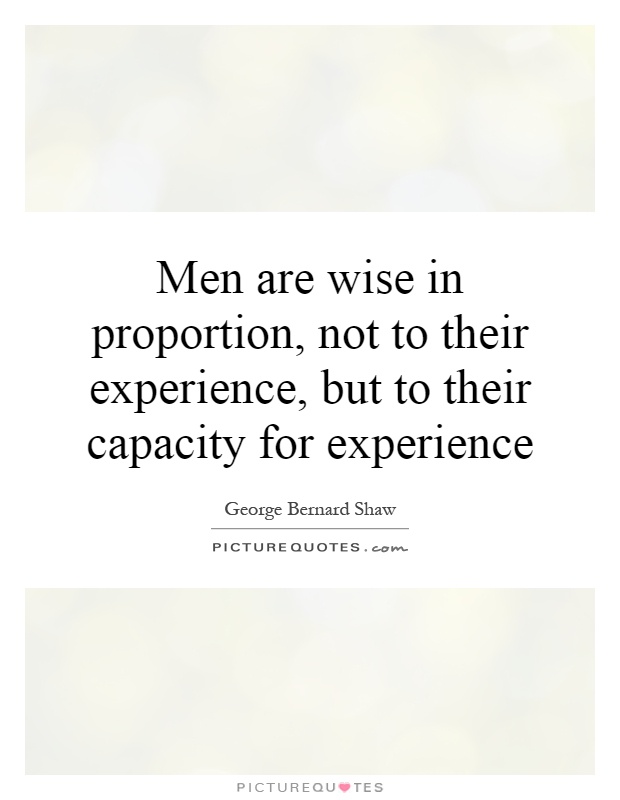
Men are wise in proportion, not to their experience, but to their capacity for experience
George Bernard Shaw, the renowned Irish playwright and critic, was a firm believer in the idea that wisdom is not solely determined by the amount of experience one has accumulated, but rather by their capacity for experiencing and learning from those experiences. In his works, Shaw often explored the complexities of human nature and the ways in which individuals navigate the world around them. This quote, "Men are wise in proportion, not to their experience, but to their capacity for experience," encapsulates Shaw's belief that true wisdom comes from an individual's ability to reflect, learn, and grow from the experiences they encounter.Shaw's own life was a testament to this belief. Despite facing numerous challenges and setbacks throughout his career, Shaw continued to push boundaries and challenge societal norms through his writing. His plays, such as "Pygmalion" and "Man and Superman," are filled with sharp wit, social commentary, and thought-provoking ideas that continue to resonate with audiences today. Shaw's capacity for experience allowed him to delve deep into the human psyche and explore the complexities of human relationships, class dynamics, and societal structures.
In the context of Shaw's work, this quote can be interpreted as a call to embrace the full spectrum of human experience in order to cultivate wisdom. It is not enough to simply go through the motions of life; one must actively engage with the world around them, seek out new perspectives, and be open to learning from both triumphs and failures. Shaw believed that true wisdom comes from a willingness to challenge one's beliefs, question the status quo, and constantly strive for personal growth.
Furthermore, Shaw's emphasis on capacity for experience over sheer quantity of experience speaks to the idea that wisdom is not a static state, but rather a continuous process of self-discovery and self-improvement. It is not enough to rest on one's laurels or rely solely on past achievements; true wisdom requires a willingness to adapt, evolve, and embrace change. Shaw's own evolution as a writer and thinker exemplifies this idea, as he continued to push boundaries and challenge conventions throughout his life.
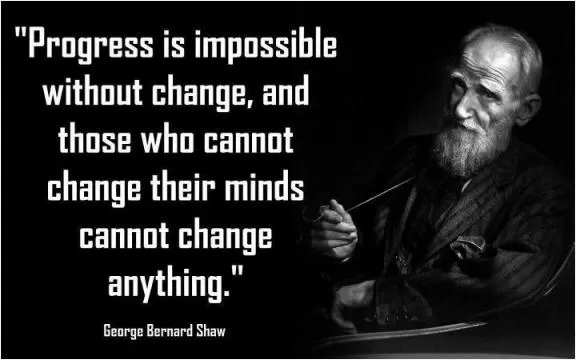

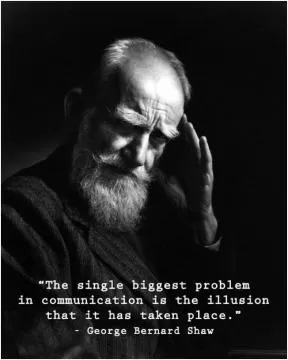
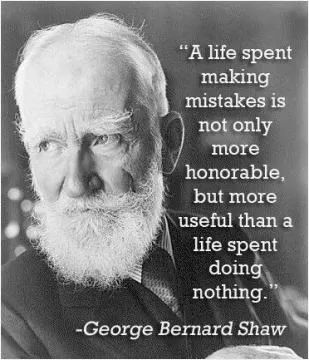

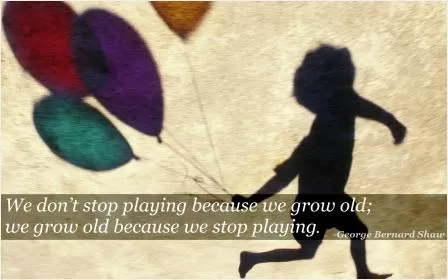




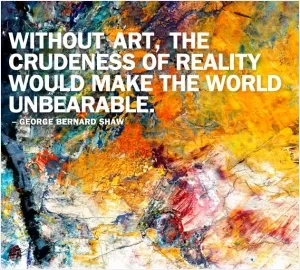

 Friendship Quotes
Friendship Quotes Love Quotes
Love Quotes Life Quotes
Life Quotes Funny Quotes
Funny Quotes Motivational Quotes
Motivational Quotes Inspirational Quotes
Inspirational Quotes